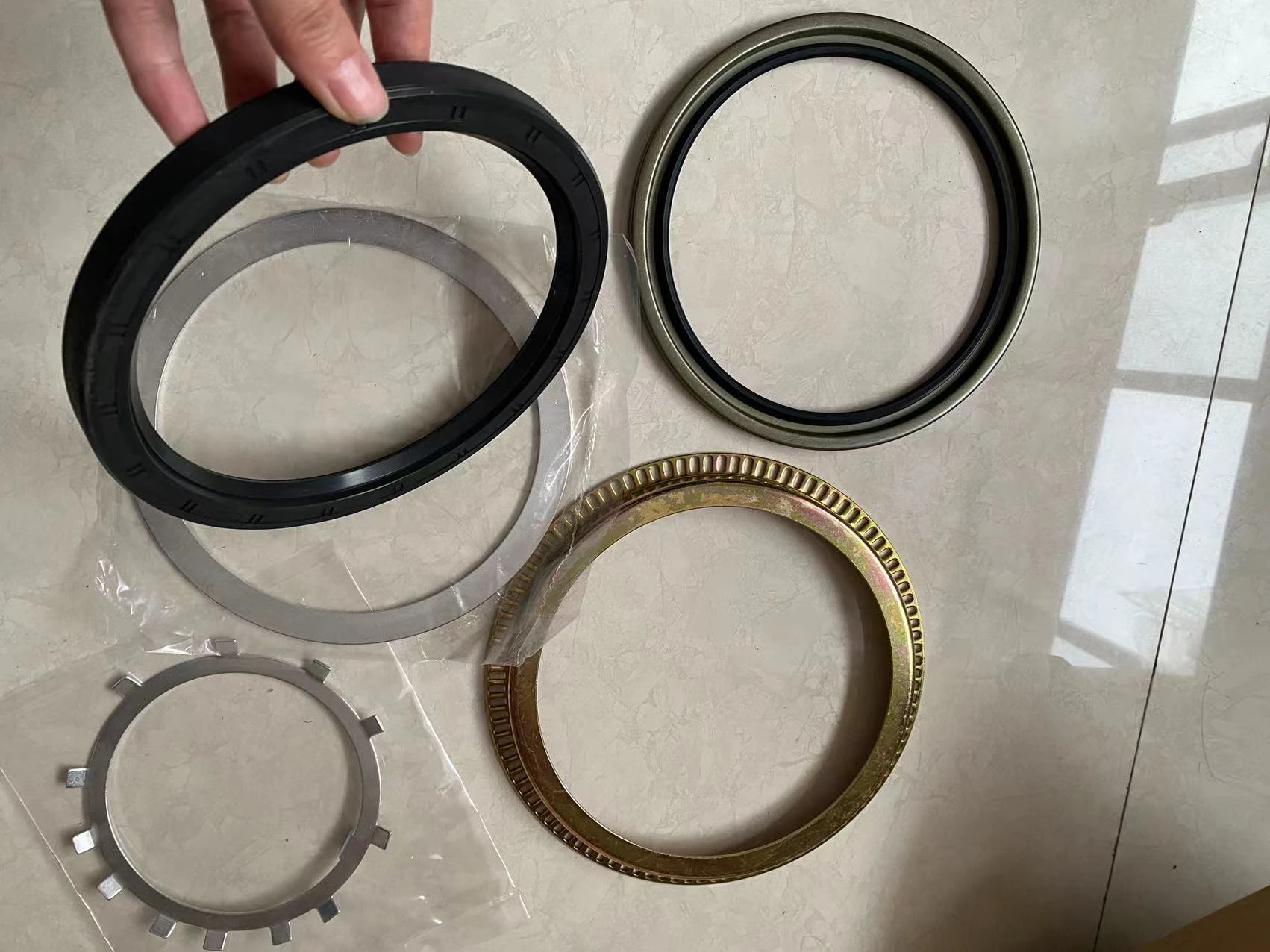High-Quality Flat Gasket Seals for Optimal Performance
Understanding Flat Gasket Seals Functionality and Applications
Flat gasket seals play a critical role in various industries, serving as vital components that ensure the integrity and effectiveness of mechanical systems. A flat gasket is a type of sealing device made from an elastomeric material or a composite of different materials, designed to prevent fluid leakage between two mating surfaces. These gaskets are characterized by their simple design, which consists of a flat piece that conforms to the shape of the surfaces it seals.
Functionality
The primary function of a flat gasket is to create a barrier that prevents the passage of liquids and gases under pressure. When two surfaces are bolted together, the compressibility of the gasket allows it to fill in imperfections and irregularities in the surfaces, forming a tight seal. This capability is crucial in applications where high temperatures and pressures are common, such as in automotive engines, piping systems, and pumps.
Flat gaskets can be manufactured from various materials, including rubber, silicone, fiber, and metal, each chosen based on the specific requirements of the application. For instance, rubber and silicone gaskets are often used in temperature-sensitive environments, while metal gaskets are preferred for high-pressure applications.
Applications
flat gasket seal

Flat gasket seals are ubiquitous across multiple sectors. In the automotive industry, they are integral to engine assemblies, helping to prevent oil and coolant leaks. In plumbing and HVAC systems, these gaskets are used to seal connections in pipes and fittings, preventing leaks that could lead to significant water damage or inefficient operation.
In the chemical and petrochemical industries, flat gaskets are essential for maintaining the integrity of tanks, valves, and flanges where corrosive substances are present. Their ability to withstand harsh chemicals while providing a reliable seal makes them invaluable in these environments. Additionally, flat gasket seals are found in food and pharmaceutical manufacturing, where hygiene and contamination prevention are of utmost importance.
Advantages
The advantages of flat gasket seals include their simplicity, ease of installation, and cost-effectiveness. They can be easily cut or shaped to fit specific applications, making them highly versatile. Furthermore, maintenance is straightforward; regular checks can ensure that gaskets are intact, and replacements can be performed quickly without extensive downtime.
Conclusion
In summary, flat gasket seals are indispensable components in various mechanical systems, delivering reliability and performance across numerous applications. Understanding their functionality and material properties can significantly enhance system efficiency and longevity. As industries continue to evolve, the demand for innovative gasket solutions will undoubtedly grow, underscoring the importance of flat gaskets in engineering and manufacturing sectors. Whether in automotive, plumbing, or chemical processing, the significance of flat gasket seals cannot be overstated, making them a key focus for engineers and manufacturers alike.
-
Understanding the Front Main Engine Seal: Purpose, Maintenance, and Installation
News Jul.29,2025
-
Understanding O-Rings and Seal Rings: Types, Applications, and Custom Solutions
News Jul.29,2025
-
Understanding Crankshaft Oil Seals: Rear Seals, Pulley Seals, and Their Role in Engine Integrity
News Jul.29,2025
-
The Importance of Front and Rear Crankshaft Seals in Engine Performance and Oil Management
News Jul.29,2025
-
Crank Oil Seals: Functions, Types, and Cost Considerations in Engine Maintenance
News Jul.29,2025
-
A Comprehensive Guide to O-Rings and Seals: Types, Materials, and Global Applications
News Jul.29,2025
-
Mastering Diesel and Performance Engine Maintenance: A Guide to Critical Oil Gaskets
News Jul.28,2025
Products categories















